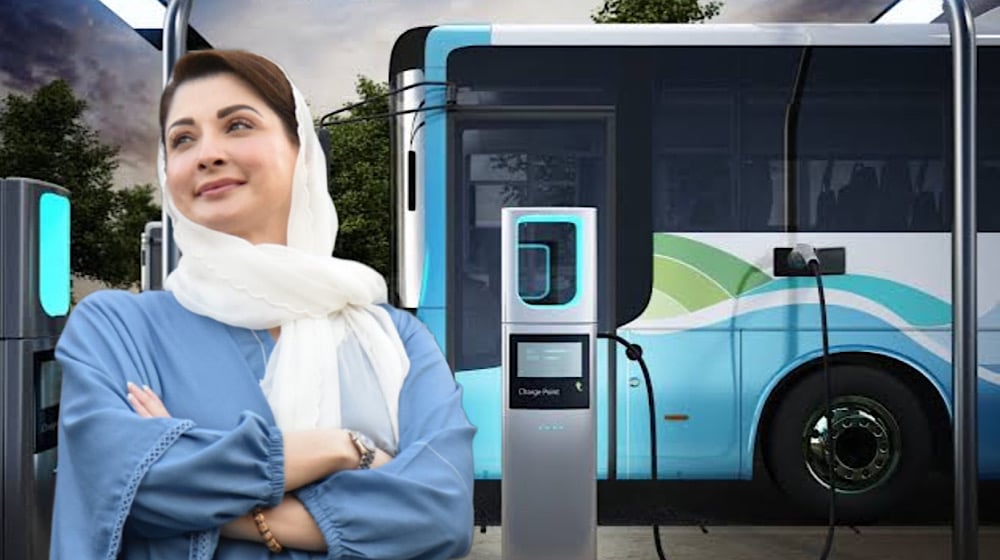Empowering Pakistan Through Microinsurance
What would you do if a sudden crisis wiped out a family’s savings or pushed a small business into debt? In Pakistan, where a significant portion of the population lacks access to formal financial services and traditional insurance, microinsurance serves as a crucial bridge to financial inclusion.
Micro health and life insurance specifically target low-income individuals and small businesses, providing them with accessible, affordable protection. These insurance products offer a safety net that provides financial security in case of illness, accidents, or the loss of a loved one. At insurance.net.pk, we believe that microinsurance contributes to the financial empowerment of underserved communities, helping them manage financial risks associated with unforeseen events.

What is Microinsurance?
Microinsurance is crafted to provide simplified, affordable insurance products tailored to low-income individuals and families. Covering areas like life, health, and property, it has smaller premiums and coverage limits compared to traditional insurance, making it accessible to more people.
For many in Pakistan—especially daily wage earners and informal sector workers—microinsurance is transformative. It offers access to essential healthcare and financial protection that would otherwise be out of reach.
How Micro Health Insurance Works
Micro health insurance provides essential healthcare coverage to low-income individuals and families. It covers basic medical expenses, such as hospitalization, surgery, and doctor consultations, enabling people to access healthcare when they need it most.
How Micro Life Insurance Works
Micro life insurance offers financial support in the unfortunate event of a policyholder’s death, helping ensure that families and dependents are not left financially vulnerable.
The Need for Microinsurance in Pakistan
In Pakistan, where over 70% of the population lacks health insurance and a significant portion operates in informal sectors, the need for affordable insurance options is immense. Many low-income families face financial hardship due to high out-of-pocket healthcare expenses and a lack of life insurance to protect against a breadwinner’s death.
Micro health and life insurance can help bridge this gap by:
- Providing a safety net for families who cannot afford traditional insurance.
- Promoting financial inclusion, giving more people access to essential financial services.
- Improving healthcare access, leading to better health outcomes and poverty reduction.
The Role of Businesses in Promoting Microinsurance
For businesses in Pakistan, especially those employing low-wage workers, offering micro health and life insurance in employee benefits can be a strategic advantage. Here’s how it benefits businesses:
Employee Retention and Satisfaction: Offering microinsurance shows that a company values its employees’ well-being, leading to greater employee security and retention—especially in sectors with high turnover, like manufacturing and agriculture.
Improved Productivity: With healthcare access through microinsurance, employees are more likely to seek timely medical care, reducing absenteeism and boosting productivity.
Corporate Social Responsibility (CSR): Providing microinsurance aligns with CSR initiatives, demonstrating a commitment to improving employee welfare and building a positive community image.
Cost-Effective Solution: For businesses that can’t afford traditional policies, microinsurance provides essential coverage without financial strain.
Challenges and the Way Forward
Despite its potential, microinsurance faces several challenges in Pakistan, including low awareness, distribution barriers, and trust issues. Partnerships among insurance providers, NGOs, and the government can help address these obstacles. For example, State Life Insurance and EFU Life offer microinsurance options, while government initiatives like the Sehat Sahulat Program have broadened healthcare access for lower-income groups.
Conclusion
Micro health and life insurance are crucial tools for providing financial security to Pakistan’s low-income population. By safeguarding individuals and families from unforeseen medical and life expenses, these insurance products support financial stability, poverty reduction, and community resilience.
At insurance.net.pk, we believe that businesses offering microinsurance can enhance employee benefits, improve productivity, and demonstrate a strong commitment to social responsibility. As demand for affordable insurance grows, businesses and insurers in Pakistan have a unique opportunity to drive positive change by making insurance more accessible to all. Embrace the benefits of microinsurance with us and contribute to a more financially inclusive Pakistan.












